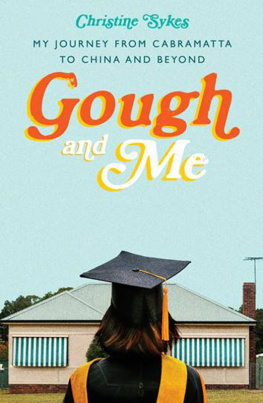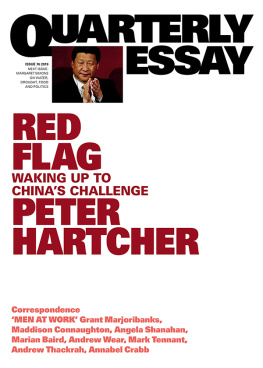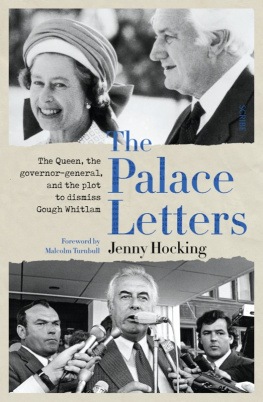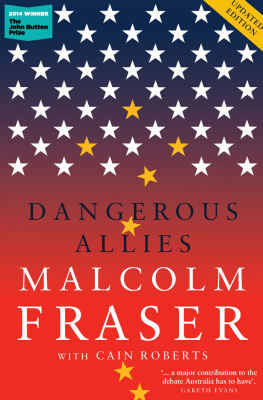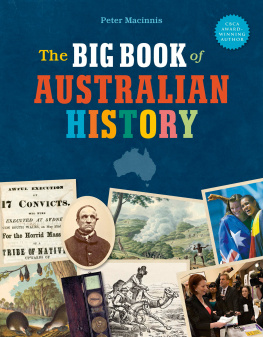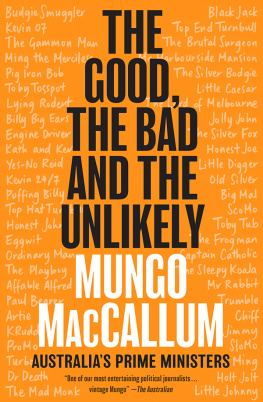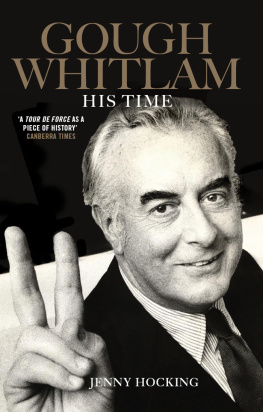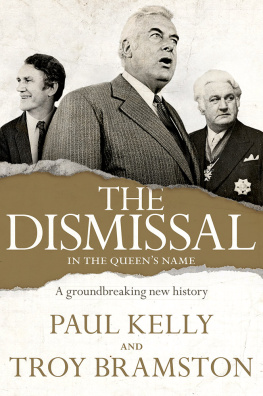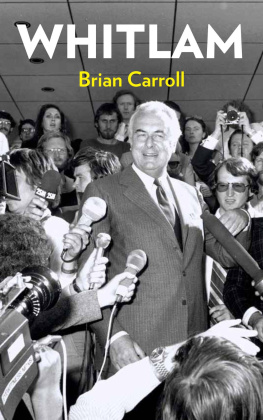The ultimate insiders account of Australia in Asia: with verve, wit and wisdom Comrade Ambassador accounts for Australias opening to China and the rising awareness of our region. More importantly Stephen FitzGerald reminds us of Australias litany of discoveries of Asia and warns us of the costs that come with the closing of the Australian mind.
Geremie R Barm, Founding Director,
Australian Centre on China in the World, ANU
This is more than a diplomatic memoir, more than an account of life as Whitlams and Frasers Ambassador in China, although thats a rich story worth the telling. It has a bigger theme: how Australia from the 1960s decided to engage with Asia and change for all time how we saw our role in the world.
Professor the Hon. Bob Carr
Australia, a Western country located in Asia, will undeniably have great difficulties adjusting to the new Asian century. Yet, many enlightened Australians, including Stephen FitzGerald, have spent their lifetimes preparing Australia for this new destiny. This engaging and revealing memoir describes well the twists and turns in Australias Asian policies. It provides wise advice that Australians should listen and pay heed to. Asians will also understand Australia better through this book. It could not be more timely.
Kishore Mahbubani, Dean, Lee Kuan Yew School of Public Policy, National University of Singapore, and author of The Great Convergence:
Asia, the West, and the Logic of One World
Gough Whitlam often addressed friends and colleagues, slightly tongue in cheek, as Comrade. When he appointed me ambassador to China he said, I shall now call you Comrade Ambassador.
STEPHEN FITZGERALD
Comrade
Ambassador
Whitlams
Beijing Envoy
STEPHEN
FITZGERALD
MELBOURNE UNIVERSITY PRESS
An imprint of Melbourne University Publishing Limited
1115 Argyle Place South, Carlton, Victoria 3053, Australia
mup-info@unimelb.edu.au
www.mup.com.au
First published 2015
Text Stephen FitzGerald, 2015
Design and typography Melbourne University Publishing Limited, 2015
This book is copyright. Apart from any use permitted under the Copyright Act 1968 and subsequent amendments, no part may be reproduced, stored in a retrieval system or transmitted by any means or process whatsoever without the prior written permission of the publishers.
Every attempt has been made to locate the copyright holders for material quoted in this book. Any person or organisation that may have been overlooked or misattributed may contact the publisher.
Text design and typesetting by Cannon Typesetting
Cover design by Philip Campbell Design
Printed in Australia by McPhersons Printing Group
National Library of Australia Cataloguing-in-Publication entry
FitzGerald, Stephen, 1938 author.
Comrade ambassador: Whitlams envoy in Beijing/Stephen FitzGerald.
9780522868685 (paperback)
9780522868692 (ebook)
Includes index.
FitzGerald, Stephen, 1938
AmbassadorsAustraliaBiography.
AustraliaForeign relationsAsia.
AustraliaForeign relationsChina.
AsiaForeign relationsAustralia.
ChinaForeign relationsAustralia.
AustraliaPolitics and government19721975.
AustraliaSocial conditions19721975.
327.9405
Contents
To my grandchildren, Toby, Jules, Nina and Violet,
who one day will have an answer to
the last sentence of the final chapter.
This book is for you.
Chapter 1
An Australian Enlightenment
I SIT ACROSS THE room from the staff and they look at me, curious, reserved, there in the dun-coloured workaday armchairs in the Australian Embassy, just one converted bedroom in the old Peking Hotel, before 1949 the Six Nations or Grand Htel des Wagons-Lits. Grand still, with its expansive rooms and high ceilings and wainscots and a ballroom with sprung dance floor no longer danced on. But dowdy in its fallen state, dusty and dark, creaking floors and barely lit corridors, large old beds in service beyond retirement, plumbing reaching back to its founding in 1915, iron baths on great clawed feet watched from the corners of the bathroom by rats with bright black eyes. The hotel is home for all, and office. Communication with Canberra is by an antique cyphering machine lugged from Australia and kept in the good care of the British Embassy. Its from this decrepit environment, the hotel not the British Embassy, that we launch Australias new China diplomacy. Its April 1973, near midnight, and my wife Gay, our daughters Ingrid, three and half, and Justine, not yet one, their nanny Carene Klintworth and I have just arrived.
The advance party of sixCharg daffaires Ross Cottrill, Senior Administrative Officer Bert North, Third Secretary Shelley Warner, Administrative Officer Adrian Sever, Head of Mission Personal Assistant Billie Burke, and Communications Officer Joe Curriehave been here since January. Its been exciting for them, these three months. Television cameras when they crossed into China. Just being in China a provocation to the mind and senses. But also tough. Dark, for Australians, in the slow-receding winter. Baffled by the working contacts with Chinese officialdom, anxious in Canberras spotlight on the new relationship, bonded in the common experience but divided in personality. Excitement has given way to stress and fraught relationships.
Im thirty-four, an external appointee, never run an embassy, for them an unknown proposition, no received departmental whispers of suffered ambassadorial eccentricity. Im here because Im a China specialist. To launch this new diplomatic relationship I need the energy of happy and motivated colleagues and the sense of moment and adventure that the Labor Government and many Australians at home feel about what were doing. So we have a late night Temple of Heaven beer or two, talk about the personal message of compliment and encouragement Ive brought from Prime Minister Gough Whitlam, and they fill me in on Beijing, and we joke and they relax and have another beer. Its how I want the embassy to be. Its a beginning.
Two days later, on 24 April, theres the official beginning. I present my formal letter of appointment as ambassador to Dong Biwu, Acting President of China and, in 1921, a founding member of the Chinese Communist Party (CCP). And afterwards we sit in armchairs not unlike those in the Peking Hotel but newer and better sprung, and talk at length about a variety of things not altogether related to work. Hes possibly the only living Chinese to have passed the old Imperial exams under the Qing Dynasty, in 1901. Liver spots on his balding head, rheumy eyes, spindly grey moustache, cantilevered teeth. One of early modern Chinas educated political activists, he abandoned the Confucian classics for a modern education, fought in the revolution that brought the Empire down in 1911, and worked as a secret agent for the founder of the Republic, Sun Yat-sen. Still alert and engaged, he asks about my book on Chinas relations with the Overseas Chinese. Presumably its in his brief. He says most Overseas Chinese arent leftist or revolutionary but conservative and, in the past, liked to have their remains sent back to China for burial. And most people dont know of a Qing Dynasty official who was so conservative he even brought his own dabian (pooh) back to be buried in Chinese soil. Im one of those most people. Canberra will be fascinated by this, I think.


